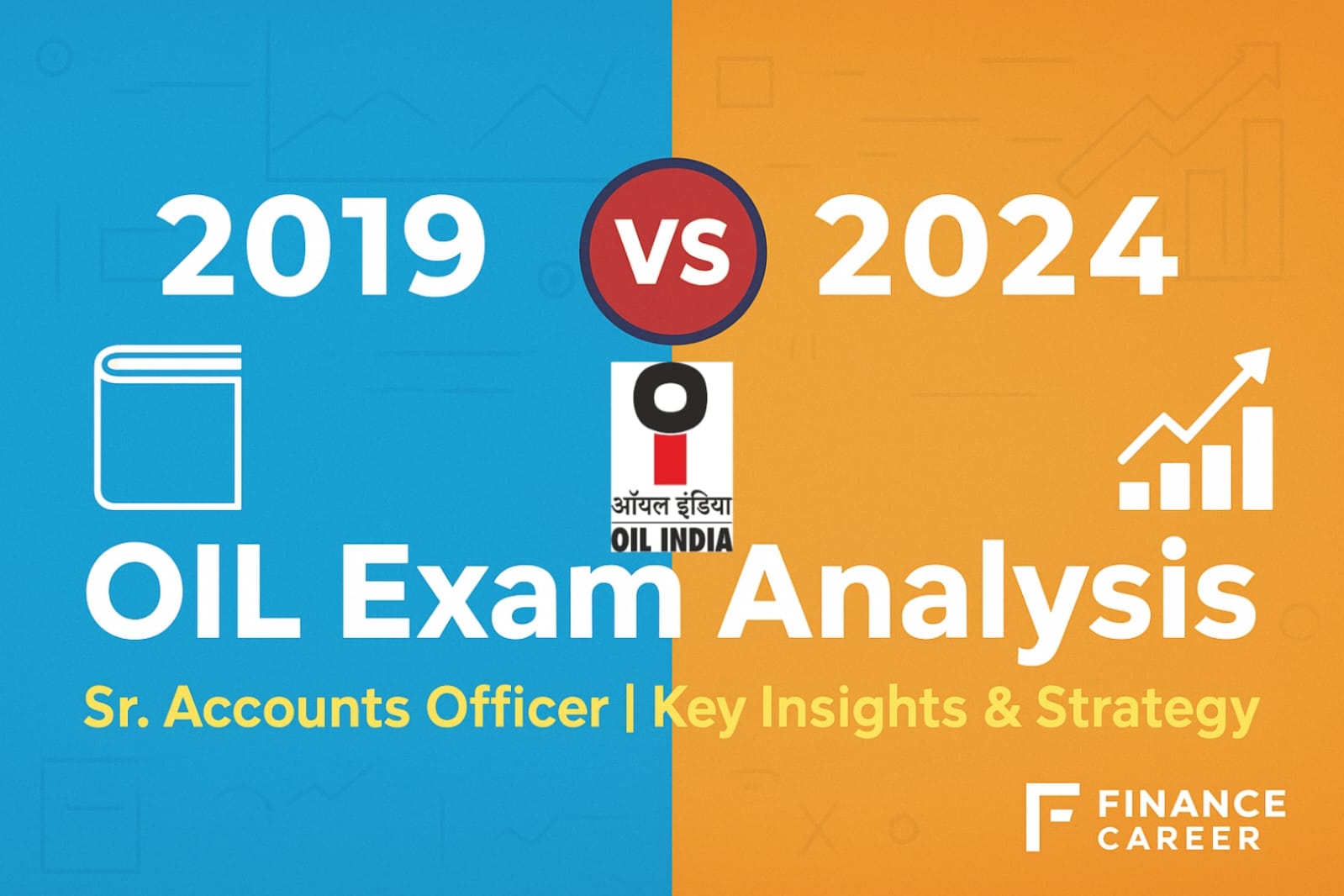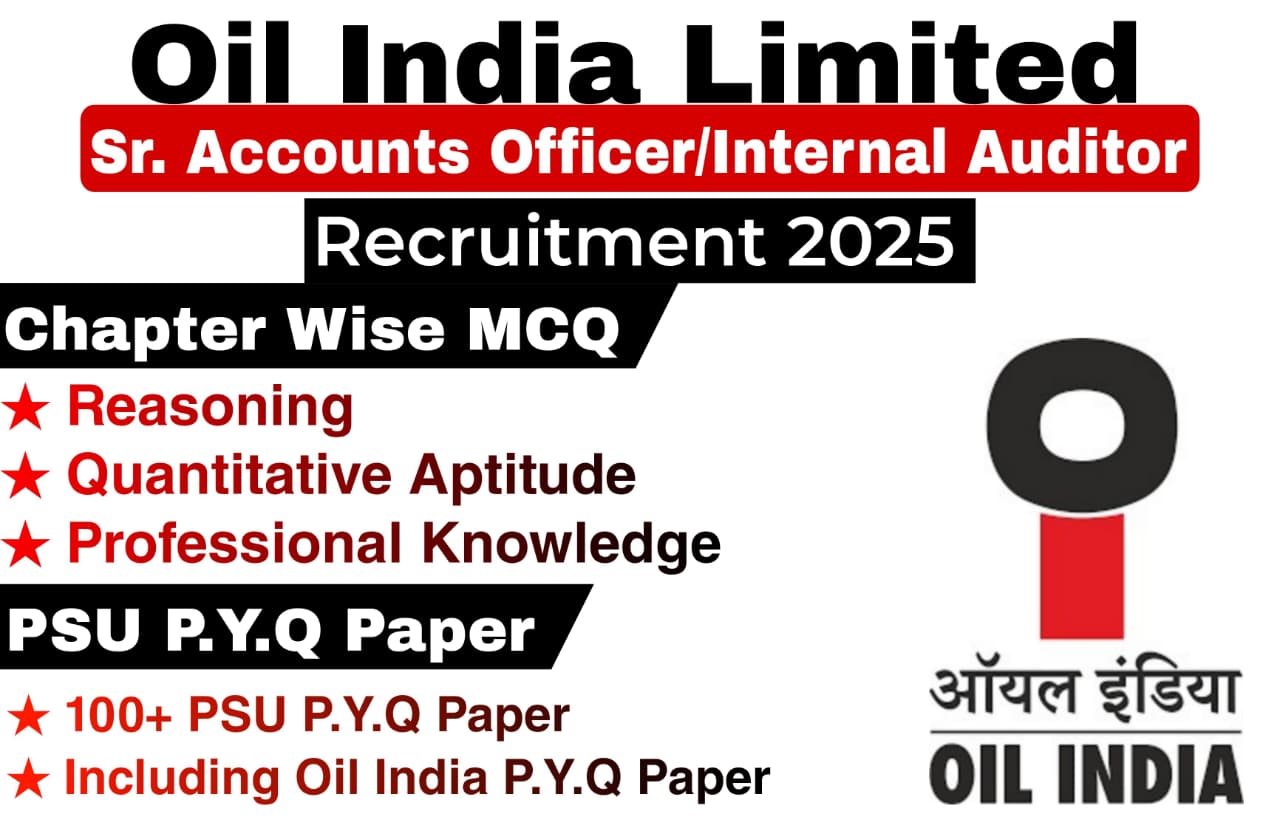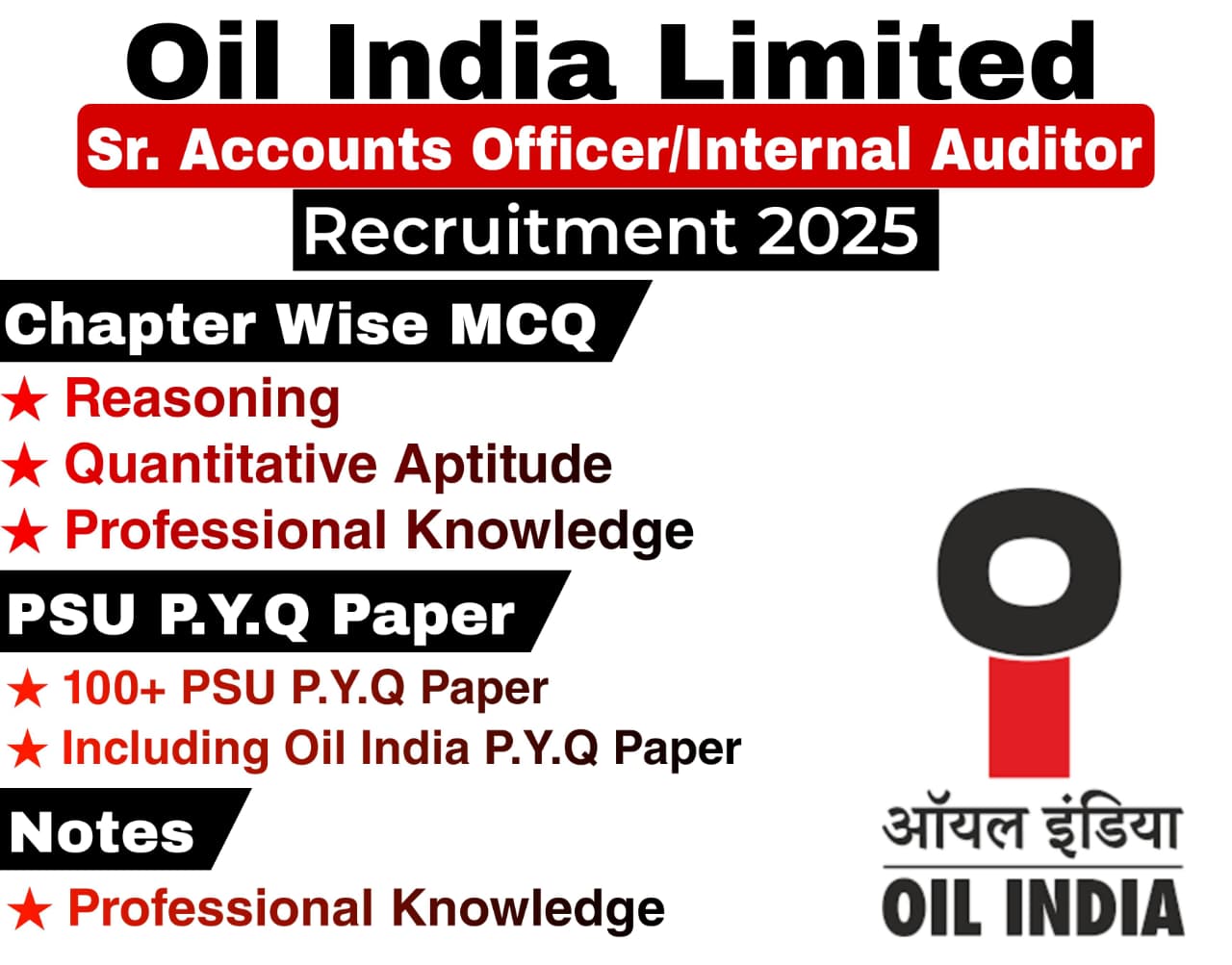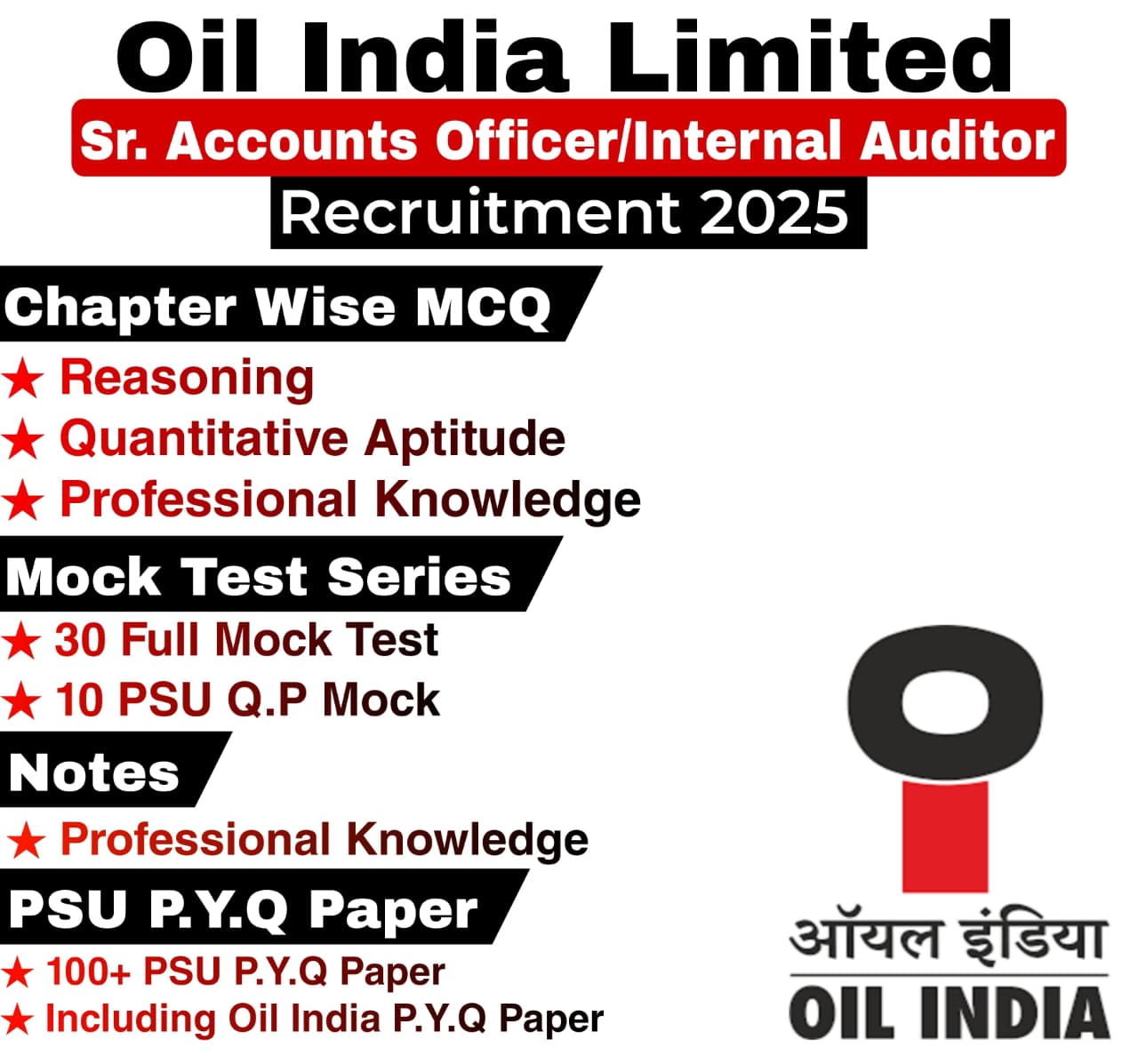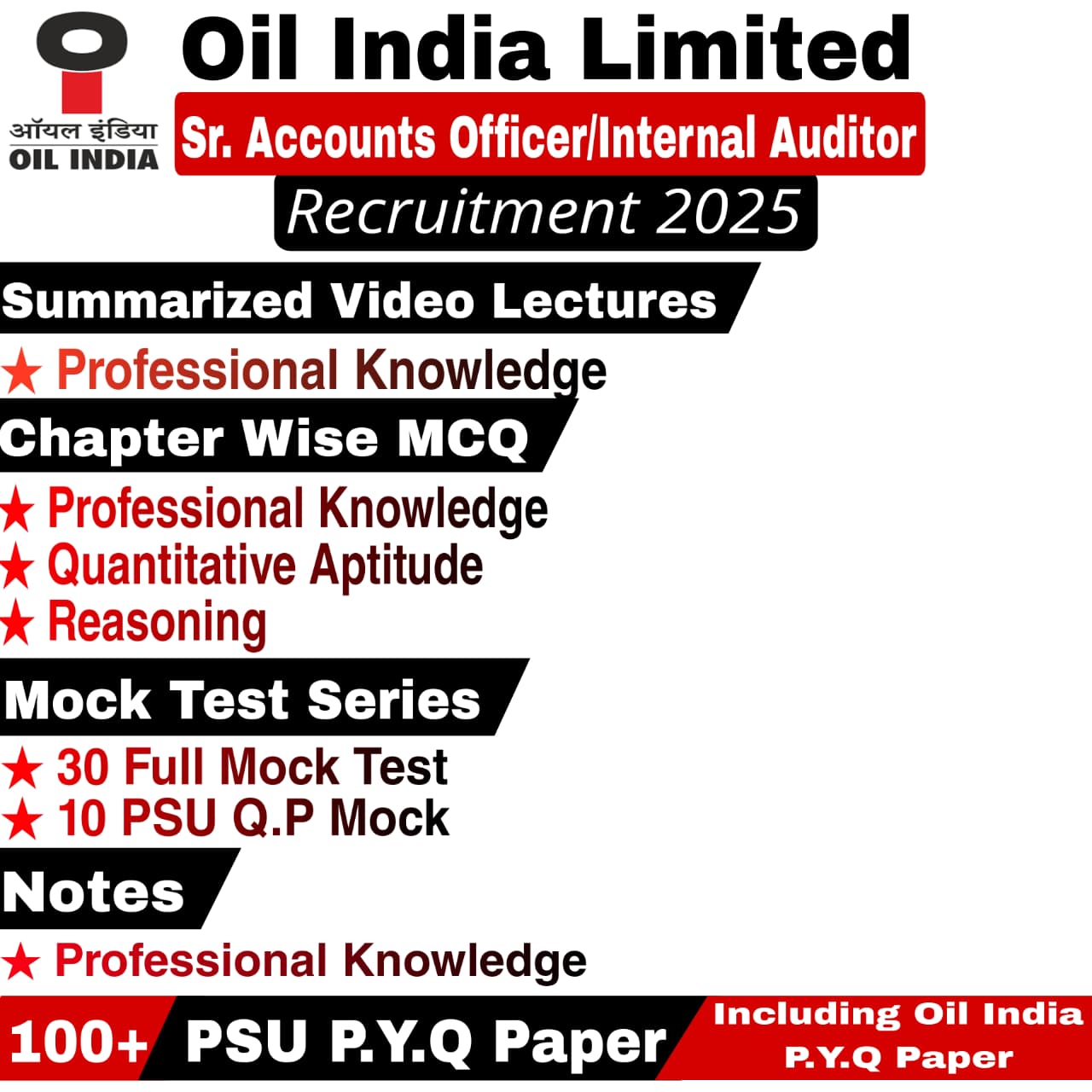Here’s a detailed comparison of the 2019 vs 2024 exam papers to help aspirants plan their preparation effectively.
📝 Exam Structure
The exam consists of 100 questions divided into:
-
General English – 15 Qs
-
Reasoning & Mental Ability – 15 Qs
-
Numerical Aptitude – 10 Qs
-
Subject Knowledge – 60 Qs
Both 2019 and 2024 followed the same structure, but the subject knowledge section reflects updated trends.
📊 Section-wise Analysis
1. General English (15 Qs)
-
Vocabulary, Grammar, Idioms, Spellings, and Reading Comprehension
-
No change between 2019 & 2024 – balanced coverage across all topics.
2. Reasoning & Mental Ability (15 Qs)
-
Topics: Series, Coding-Decoding, Puzzles, Venn Diagram, Mirror Images, Blood Relations, etc.
-
Consistent pattern in both years – no major shift.
3. Numerical Aptitude (10 Qs)
-
Covered Averages, Ratio, Interest, Profit & Loss, Geometry, LCM/HCF, Word Problems.
-
Stable pattern – equal weightage in both years.
4. Subject Knowledge (60 Qs) – Most Crucial Section
|
Area |
2019 |
2024 |
Trend |
|
Accounting & Standards |
10 |
12–13 |
More focus on AS, Ind-AS, IFRS |
|
Cost & Management Accounting |
8 |
9–10 |
Slight increase – Job Costing, Variance, Transfer Pricing |
|
Auditing |
7–8 |
8 |
Almost same – Internal Audit, Reports, Vouching |
|
Company Law |
6–7 |
7 |
More on ESOPs, Buy-back, Dividend |
|
Direct Tax |
7 |
9 |
Higher weightage – Salary, Residential Status, CG |
|
Indirect Tax (GST & Customs) |
6–7 |
8 |
More on GST ITC, Time of Supply |
|
Finance & Law (Misc.) |
5 |
6 |
SEBI, NI Act, FEMA, Contracts |
🔑 Key Takeaways
-
Accounting + Costing dominate: ~22 Qs (36% of Subject Knowledge).
-
Taxation (Direct + Indirect): ~16 Qs (27%).
-
Audit + Company Law: ~15 Qs (25%).
-
Finance & Law (Misc.): ~7–8 Qs (12%).
-
2024 exam more application-based with focus on GST updates, Ind-AS carve-outs, ESOPs, IFRS.
|
Related Blogs |
|
|
Latest Vacancy |
|
|
Exam Dates |
|
|
PSU Syllabus |
|
|
PSU F&A Previous Year Question Papers |
|
📌 Preparation Tips
-
Strengthen Accounting Standards, Ind-AS, and IFRS concepts.
-
Revise Costing techniques – Job/Contract costing, Variance, Transfer Pricing.
-
Stay updated with GST provisions & Income Tax amendments.
-
Focus on Company Law updates – ESOP, Buy-back, Dividend.
-
Practice previous year papers & mock tests to identify weak areas.
Follow Me: -
|
YOUTUBE |
|
|
Telegram Discussion Group |
|
|
Telegram Vacancy update Group |
|
|
|
|
|
WhatsApp Discussion Group |
|
|
WhatsApp Vacancy update Group |
|
|
WhatsApp Channel |
|
|
|
❓ FAQs
Q1. Has the OIL Senior Accounts Officer exam pattern changed between 2019 and 2024?
👉 The overall structure (100 Qs) remains the same, but subject knowledge is more updated and application-focused in 2024.
Q2. Which section is most important?
👉 Subject Knowledge (60 Qs) is the most crucial – particularly Accounting, Costing, and Taxation.
Q3. What new topics were included in 2024?
👉 GST Time of Supply, Ind-AS carve-outs, IFRS, ESOP/Sweat Equity, Company Law updates.
Q4. How should I prepare for maximum marks?
👉 Focus on Accounting Standards, Costing techniques, and Taxation laws. Practice MCQs and attempt mock tests.
Q5. Is there negative marking in OIL Exam?
👉 Yes, OIL exams generally have negative marking (confirm with the latest notification).
